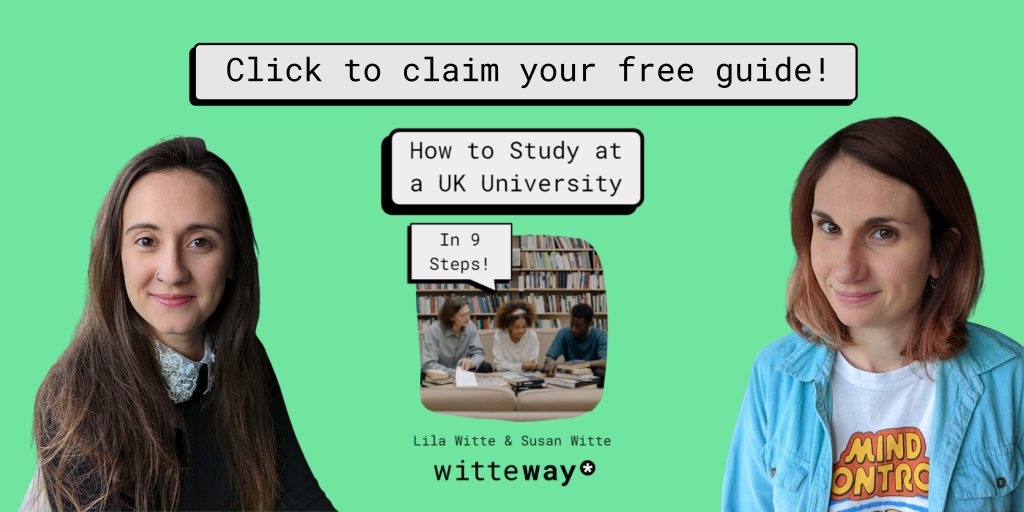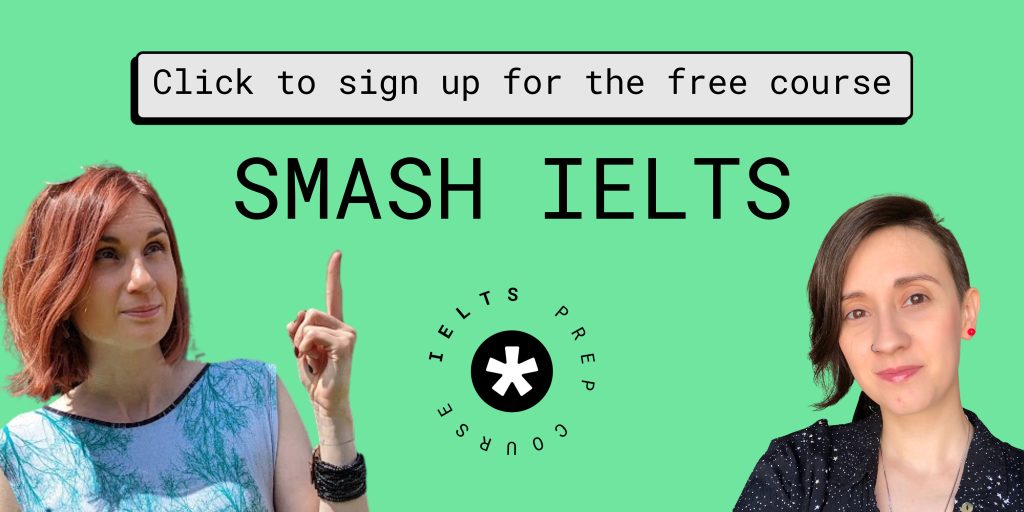There are many things you can do to practise for the listening part of the IELTS, but they depend on your situation. If you are already confident with your listening skills and you just want to get familiar with the test format and questions, there are a couple of things you can do:
1. Look for test questions online: this is free and accessible, but you should be careful. There is a lot of material online, but not all of them reliable. It helps to find an official page or a recognised one, so that you are not getting incorrect information. The most reliable is the IELTS official website: https://www.ielts.org/usa/ielts-practice-test
2. Buy an IELTS preparation book: there are lots of good IELTS books available, Including a whole series of practise tests. These will give you information about the test, practise exercises, exam strategies, etc. They tend to be more reliable than internet sources and are often used by English schools and teachers. However, they can be a little expensive depending on your budget. Here are a couple of books I personally recommend:
- IELTS Test practice books like this one.
- Grammar for IELTS by Cambridge University Press
- Vocabulary for IELTS by Cambridge University Press
- The Complete Guide to IELTS by Bruce Rogers and Nick Kenny (National Geographic Learning)
Remember: the options above are helpful for you to get familiar with the IELTS, not to improve your English level and get a higher band in the test. The above are unlikely to increase your score. If you need to improve your listening skills before the test, making sure you get a higher band, there is a number of other ways you can do that. The list below provides the different things you can do and details on how to do them:
3. Watch TV in English: For you to be working purely on your listening skills, you need to turn the subtitles off when watching films, series and other shows in English. That includes the English subtitles. That’s because when the subtitles are there, our brains can’t resist reading them. Don’t get me wrong, it’s good reading practice, but if you want to focus on your listening, reading the subtitles may get in the way. How much you do depends on your needs, the amount of time you have and your ease to understand English. To avoid getting frustrated at first, you can start by watching films and series that you have already seen. Watch it again, but this time without subtitles. Go for the ones you like, so you don’t get bored quickly. When you become more confident, try watching something new without the subtitles. Don’t worry so much about what you don’t understand – sometimes, this is because of a cultural aspect of the situation you don’t understand, not necessarily the language. If you understand the main ideas and are able to follow the story, you are doing well. As for what to watch, I recommend sitcoms, as they will have daily interactions, similar to the ones you will find in sections 1 and 2 in the IELTS. For section 3, find films and series that are set in a university. For section 4, documentaries are the best option, as they will have more academic language.

4. Watch or listen to the news: Whether on TV, radio or online, listening to the news in English is a great way to practise for the test. It will not only prepare you for the more difficult parts of the listening test, but also help you expand your vocabulary and grammar range for the other parts of the test. It may be difficult to understand at first, especially if you are not used to following the news in your own language. My recommendation is to start with small chunks: five to ten minutes a day can make a big difference in the long run.
5. Listen to the radio: This is something you can do while cooking, cleaning or doing another task that doesn’t require you to think much. Leave the radio on while doing these things and your brain will automatically recognise words and phrases. After a while, you will be able to comprehend more and more. If you don’t have a radio station in English, look for one online, the BBC ones are available internationally. Alternatively, find a podcast you like and listen to that instead. Make sure it’s on a subject you’re interested in so that you are tempted to listen and pay attention without too much effort.

6. Listen to music: If you like music, this can be a great way for you to practise. Keep in mind that music often have slang and colloquialisms that are not appropriate for an essay, for example. Nevertheless, they can be a fun way to learn and, as long as you don’t use them as you only source of listening practice, you will be able to tell the difference between informal and formal language. This is called register, when we choose different words and tones depending on the context, and it is an important part of learning a language. It is important for us to know the difference between having a conversation with friends and writing a formal letter for work. Learning the distinction in language depending on the context can help us understand a lot more in English. A good website for practising with music is lyricstraining.com. There, you can work on your listening skills, vocabulary and spelling, which are essential for the gap-fill exercises in the IELTS listening tasks.
7. Watch TED Talks: TED Talks are lectures and, therefore, follow a very similar format to the listening section 4. There you will find more academic language and ideas, which can help you be more prepared for the last and most difficult listening section. There are TED Talks on a wide variety of topics, so you can look for the ones that interest you: from molecular biology to relationships. In the website, it’s also possible to read a transcript of the talk. By watching it first and then reading the transcript, you can check the words that you missed or that you don’t yet know and then check their meaning.

8. Talk to people: Having a conversation in English is not only useful for your speaking skills, but also listening. That’s because you get immediate feedback on how well you can understand a person, by how you respond and keep the conversation going, allowing you to adapt along the way. Many people think that it is only useful when you practise with a native speaker, but that’s a myth. Talking to someone who has the same level of English as you or even a lower level still helps you develop your own skills. It allows you to get used to different accents and become a more resourceful English user. The vast majority of English speakers are not native to the language, so being able to communicate with them will expand your options for socialising and networking. Also, keep in mind that this could be the case with not only your classmates in university, but also your lecturers.
Are you going to use any of these suggestions? Have you tried them before? Which ones? Tell us about your experience in the comments below.
Take your English to the next level with our English + IELTS Prep course!







Recent Comments